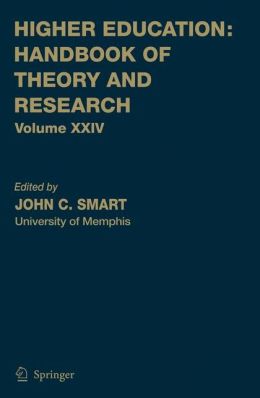Paper Link: https://docs.google.com/document/d/17NxNrQ-mQWEDzLA9MUeq2Q3SeNXxY31Br-R_dkicLnI/edit
Abstract: Currently, there is an incredible unevenness in the wealth distribution within the United States. The upper class hold a disproportionate amount of the wealth as compared to the diminishing middle class and this inequality is growing; as a result, the middle class have turned to college as a means of social mobility. However, due to pre-existing inequalities in college affordability, the college selection process, and career opportunities the wealthy hold an advantage at every level creating a compounding effect in an uneven playing field. Consequently, rather than breaking down class boundaries, college actually reinforces them.
Works Cited
Armstrong, Elizabeth A., and Laura T. Hamilton. Paying for the Party: How College Maintains Inequality. Cambridge, MA: Harvard UP, 2013. Print.
Braun, Henry, Frank Jenkins, and Wendy Grigg. "Comparing Private Schools and Public Schools Using Hierarchical Linear Modeling." National Center for Education Statistics (2006): 0-53. NCES. Web.
Collins, Randall. The Credential Society: An Historical Sociology of Education and Stratification. New York: Academic, 1979. Print.
Collins, Randall. "Functional and Conflict Theories of Educational Stratification." American Sociological Review 36.6 (1971): 1002-019. Web.
Gladwell, Malcolm. Outliers: The Story of Success. New York: Little, Brown and, 2008. Print.
The Holy Bible: New International Version. Colorado Springs, CO: International Bible Society, 1984. Print.
Levine, Arthur. "Privatization in Higher Education." National Governors Association (2013): n. pag. Web.
Lillis, Michael P., and Robert G. Tian. "The Impact of Cost on College Choice: Beyond the Means of the Economically Disadvantaged." Journal of College Admission (2008): 5-14. Print.
Metcalfe, J. Stanley. "University and Business Relations: Connecting the Knowledge Economy." Minerva 48.1 (2010): 5-33. Web.
Stevens, Mitchell L. Creating a Class: College Admissions and the Education of Elites. Cambridge, MA: Harvard UP, 2007. Print.
Stiglitz, Joseph E. The Price of Inequality: How Today's Divided Society Endangers Our Future. New York: W.W. Norton &, 2012. Print.










